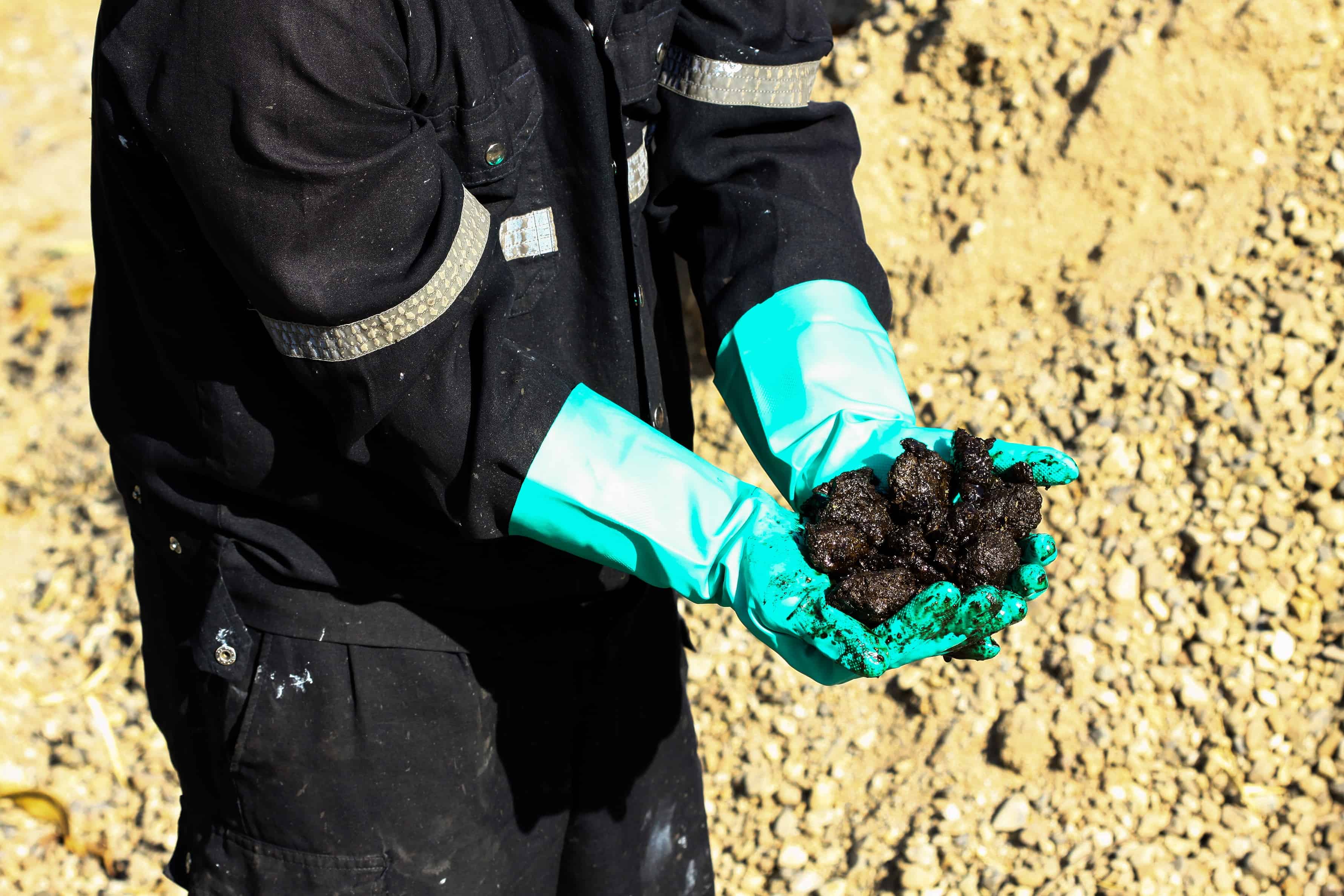Teck Resources Ltd. (TSX:TECK.B)(NYSE:TECK) is Canada’s largest diversified resource company. It is primarily engaged in the business of exploring for, acquiring, developing, and producing natural resources. The company is mostly known for its steel-making coal, copper, and zinc operations. As of end of 2017, steel-making coal accounted for 51% of revenues.
In 2018, Teck is going to undergo a significant transformation, as its energy investments will finally begin to bear fruit. With rising oil prices, the company is an unconventional energy play.
Poor timing
Over the past several years, Teck’s diversification into energy looked like a poorly timed move. It was first announced in 2013 that the company joined the Fort Hills Energy Limited Partnership, which owns the Fort Hills oil sands project. The company owns a 20.89% interest in the project, which will be operated by Suncor Energy Inc. (TSX:SU)(NYSE:SU), one of Canada’s most efficient oil sands operators.
The investment into the Fort Hills project came at the height of the oil boom. After the collapse of oil prices, oil majors cut costs, and mega projects such as this one were not deemed economically viable. Fort Hills has been fraught with delays and increasing construction costs. As a result, Teck’s capital expenditures (capex) for the project have been greater than anticipated, and it recorded asset impairments as a result of rising development costs. In 2015, Teck booked just over $1 billion in impairment charges and another $222 million in 2016.
Decreasing capex, increasing cash flow
The good news for investors is that the bulk of the capex is in the rear-view mirror. Management expects that its share of capex on the project will decrease to approximately $325 million in 2018, down from $888 million in 2017.
In 2019, capex at Fort Hills is expected to be approximately $13.50 per barrel prior to dropping to the $3-5 range over the life of the mine. Investors can expect cash flow per barrel to jump significantly beginning in 2019.
Production comes online
Fort Hills is nearing completion and is expected to reach 90% production capacity by the end of 2018. The project is expected to produce approximately 194,000 barrels a day at full capacity. The project pumped its first oil this past January and should reach commercial production this quarter.
Management is committed to the project and, along with Suncor, upped its stake in the mega project in early January. In 2018, the company expects to book revenues associated with 7.5-9 million barrels of oil. Looking beyond, Teck’s share of the full capacity should be approximately 14 million barrels on an annual basis.
At an estimated cash cost per barrel between $35 and $40 in 2018, at today’s oil prices, they are cash flow positive. The company’s investment no longer looks like an albatross. In fact, it may be a boon to future growth, as it unlocks the value of its significant investment.










